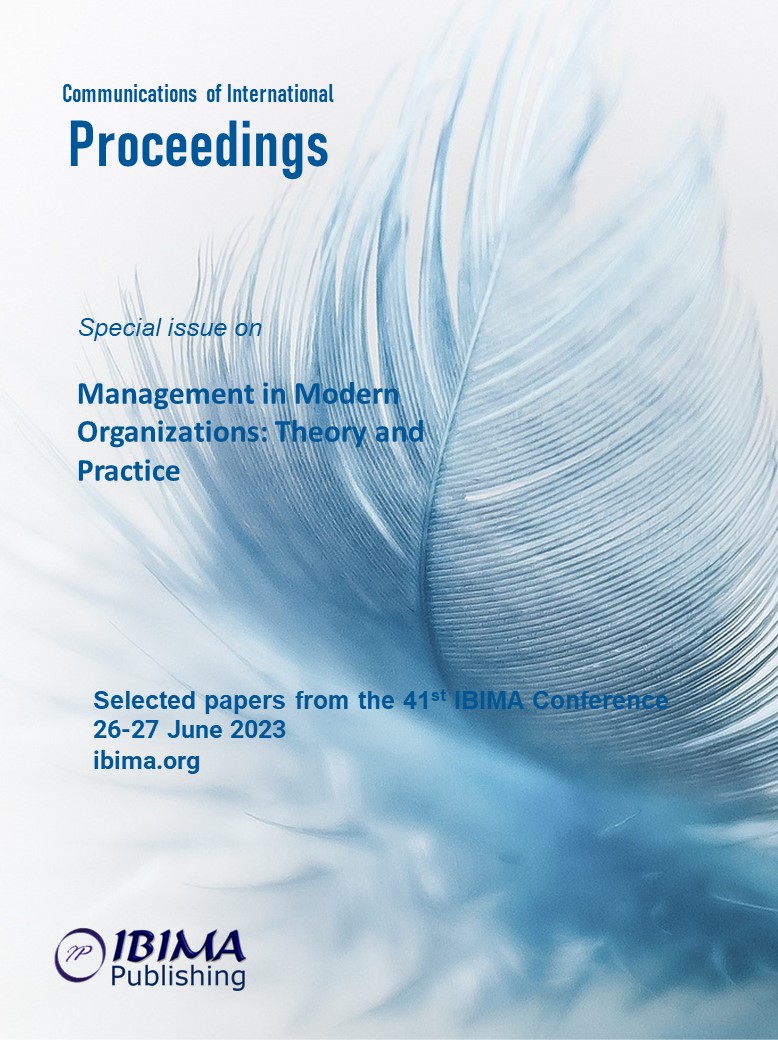
Jacek SITKO
Silesian University of Technology, 41-100 Gliwice, ul. Akademicka 2A, Poland

One of the elements of the product life cycle is the manufacturing process as a set of phenomena and deliberate actions that cause the desired changes and gradually occur in the object of work undergoing the impact. As they accumulate, they cause the object to gradually acquire characteristics that bring it closer and more similar to the intended product. The achievement of all the required characteristics in the expected dimension marks the completion of the production process. The main content of the manufacturing process is the changes that take place in the material form of the workpiece.
The main factors determining this process efficiency occur in production processes viewed from their material side and include, among others, the consumption of materials for production purposes, the use of technical equipment and human labor inputs, which together appear in the form of costs incurred for the manufacture of the product. On the other hand, the achieved effect of changes in the material form of the object of labor determines the extent to which the manufactured product will prove useful to a potential buyer, i.e. what price can be obtained when it is sold. The most important is the classification of sub-processes according to the nature of the activities performed in relation to the object of work. On this basis, technological processes, measurement and control processes, transportation processes and warehouse processes are distinguished. This paper describes logistics methods and systems that allow optimizing the production process in manufacturing enterprises, improving the quality of manufactured products, using environmentally friendly materials and efficient control and safety systems, as well as various aspects of material requirements planning, analysis of storage systems depending on the industry and specifics of production.